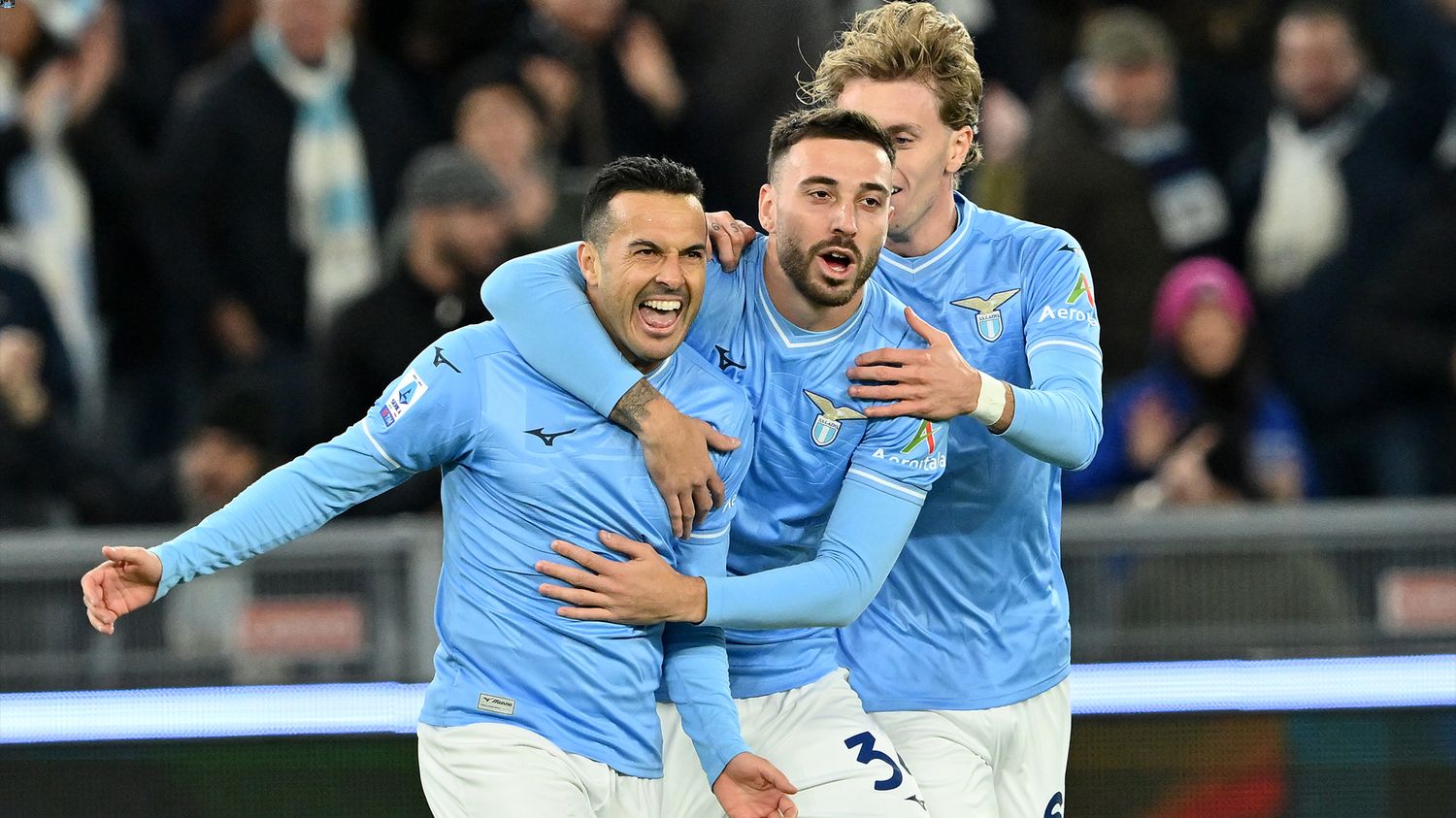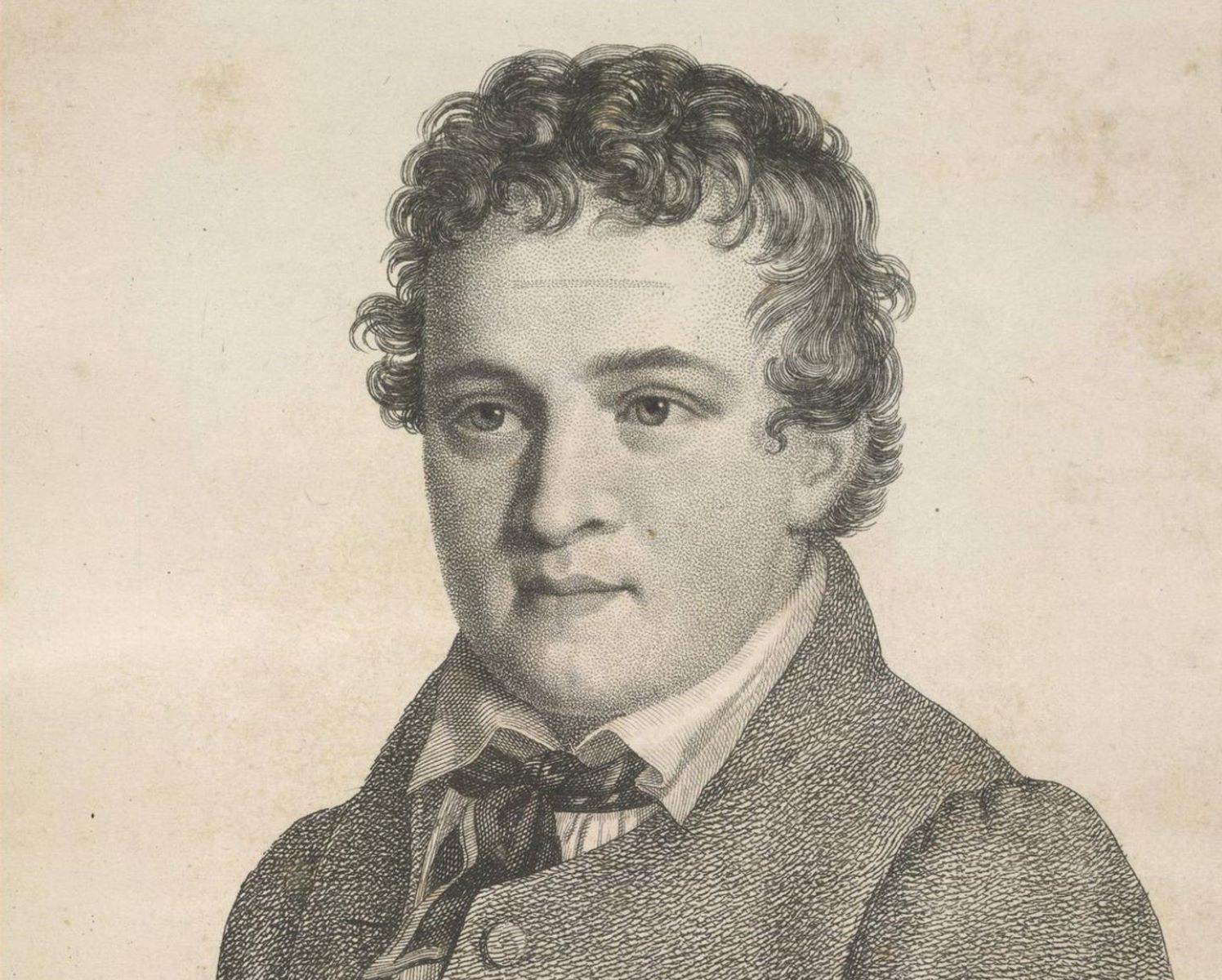
S.S. Lazio, one of Italy's oldest and most storied football clubs, has a rich history dating back to its founding in 1900. Known for its sky blue and white colors, the club has achieved significant success both domestically and internationally. From winning its first Serie A title in 1974 to clinching the UEFA Cup Winners' Cup in 1999, Lazio has consistently been a formidable force in Italian football. The club's fierce rivalry with AS Roma, known as the Derby della Capitale, adds to its vibrant legacy. With a passionate fanbase and a commitment to excellence, Lazio remains a beloved institution in Rome and beyond.
Key Takeaways:
- S.S. Lazio, founded in 1900, has a rich history in Italian football, with notable achievements like winning Serie A titles and European trophies. The club's iconic players and fierce rivalry with Roma add to its unique identity.
- Lazio's financial journey has seen highs and lows, from stock market listing to economic challenges. The club's emphasis on youth development and training, along with its passionate fanbase, contribute to its continued success in Italian football.
The Birth and Early Years of S.S. Lazio
S.S. Lazio, a club with a rich history, has been a significant part of Italian football since its inception. Let's explore its early years and foundational moments.
-
Founding: S.S. Lazio was founded on January 9, 1900, in the Prati district of Rome. Initially known as Società Podistica Lazio, it focused on athletics.
-
Early Years: Until 1910, Lazio played at an amateur level. The club officially joined league competition in 1912 when the Italian Football Federation began organizing championships in central and southern Italy.
-
First Major Success: Lazio's first major success came in 1958 when the club won the domestic cup, marking a significant milestone in its history.
Achievements and Milestones
Lazio has had its share of triumphs and memorable moments. Here are some of the club's most notable achievements.
-
Serie A Champions: In 1974, Lazio won its first Serie A title, a feat that cemented the club's place in Italian football history. This victory was led by legendary Italian striker Silvio Piola.
-
UEFA Cup Winners' Cup: The 1990s were a period of immense success for Lazio. In 1999, the club won the UEFA Cup Winners' Cup and the UEFA Super Cup, defeating Manchester United in the latter.
-
Serie A Title in 2000: Lazio clinched its second Serie A title in 2000, a year that also saw the club win the Coppa Italia double under manager Sven-Göran Eriksson.
-
Coppa Italia Titles: Since the economic crisis of 2002, Lazio has won four Coppa Italia titles: in 2004, 2009, 2013, and 2019. These victories have been crucial in maintaining the club's competitive edge despite financial challenges.
Leadership and Management
Leadership has played a crucial role in Lazio's journey. Let's look at some key figures and their contributions.
-
President Claudio Lotito: Current president Claudio Lotito took charge of the club in 2004, filling the vacuum left by Sergio Cragnotti's departure. Lotito has been instrumental in stabilizing the club's finances and guiding it through challenging times.
-
Sven-Göran Eriksson: Sven-Göran Eriksson managed Lazio from 1997 to 2001 and played a crucial role in the club's success during that period. Under his leadership, Lazio won the Coppa Italia double in 2000.
Home Ground and Rivalries
Lazio's home ground and rivalries are integral to its identity. Here's a closer look.
-
Home Stadium: Lazio's home is the 70,634-capacity Stadio Olimpico in Rome, which the club shares with AS Roma. The stadium is a symbol of the intense rivalry between the two teams.
-
Rivalry with Roma: The rivalry between Lazio and Roma is one of the fiercest in Italian football. Known as the Derby della Capitale, this rivalry dates back to 1929 and is fueled by territorial and historical issues.
-
Historical Context: In 1927, Lazio was the only major Roman club to resist the Fascist regime's attempts to merge all the city's teams into what would become Roma. This decision has contributed to the deep-seated rivalry between the two clubs.
Club Colors and Identity
Lazio's colors and symbols are a significant part of its identity. Let's explore their meaning and history.
-
Kit Colors: Lazio's traditional kit colors are sky blue shirts and white shorts with white socks. These colors are reminiscent of Rome's ancient Hellenic legacy.
-
Sky Blue Socks: Sky blue socks have also been interchangeably used as home colors, adding to the club's distinctive visual identity.
The Fierce Derby della Capitale
The Derby della Capitale is more than just a football match; it's an event that amplifies territorial and historical tensions between the two teams.
-
Derby della Capitale: The derby has been marred by injuries, riots, and even deaths over the years.
-
Fanbase Dynamics: Lazio's fanbase is known for its strong right-wing affiliation, which has led to political tensions with Roma's traditionally left-wing support. This ideological divide has added another layer to the intense rivalry between the two clubs.
Iconic Players
Lazio has been home to several iconic players who have left an indelible mark on the club's history.
-
Paolo Di Canio: Paolo Di Canio, an iconic figure in Lazio's history, embodies the extreme version of the club's mentality. His passionate and sometimes controversial behavior on the pitch has made him a symbol of Lazio's fierce spirit.
-
Giorgio Chinaglia: Giorgio Chinaglia, a member of Lazio from 1969 to 1976, was instrumental in the club's first Serie A championship in 1974. He scored 98 goals in 209 matches for Lazio, cementing his place as one of the club's greatest strikers.
-
Siniša Mihajlović: Siniša Mihajlović, a key player for Lazio in the late 1990s, was part of the team that won the Serie A title in 2000. His contributions on the pitch were invaluable to the club's success during that era.
-
Alessandro Nesta: Alessandro Nesta, another prominent player from that era, was a stalwart defender for Lazio. His defensive skills and leadership were crucial in the team's championship-winning season in 2000.
-
Marcelo Salas: Marcelo Salas, a Chilean striker, played for Lazio during the club's successful period in the late 1990s. His goal-scoring abilities were instrumental in the team's success, including the Serie A title in 2000.
-
Pavel Nedvěd: Pavel Nedvěd, a Czech midfielder, was another key player for Lazio during their championship-winning season in 2000. His creative playmaking and goal-scoring abilities made him a vital component of the team.
European Competitions
Lazio has also made its mark in European competitions, achieving significant milestones.
-
UEFA Cup Final: In 1998, Lazio reached the UEFA Cup final but lost 0–3 to Internazionale. Despite the loss, this achievement marked another significant milestone in the club's history.
-
UEFA Cup Winners' Cup Victory: Lazio's victory in the UEFA Cup Winners' Cup in 1999 was a significant achievement. The club defeated Galatasaray 2-1 in the final, securing its first major European trophy.
-
UEFA Super Cup Victory: Lazio's victory in the UEFA Super Cup in 1999 was another notable achievement. The club defeated Manchester United 1-0, winning its first European Super Cup title.
Financial Developments
Lazio's financial journey has seen both highs and lows. Here are some key moments.
-
Stock Market Listing: In 2000, Lazio became the first Italian football club to be quoted on the Italian Piazza Affari stock market. This move was a significant step in the club's financial development and stability.
-
Financial Challenges: Despite its rich history and achievements, Lazio has faced significant financial challenges. The club's economic crisis in 2002 led to the departure of several star players and the resignation of president Sergio Cragnotti.
Training and Youth Development
Lazio places a strong emphasis on training and youth development, ensuring a steady flow of talent.
-
Training Center: The Formello Training Centre, also known as the S.S. Lazio Training Center, is a civil-sports complex owned by the club. Located in the municipality of Formello, it serves as both the club's head office and training facility.
-
Youth Development: Lazio has a strong focus on youth development, with various youth teams competing in different age categories. The club's Under-18 and Under-16 teams have achieved notable successes in recent years.
Recent Performances and Current Squad
Lazio continues to be a formidable force in Italian football. Here's a look at its recent performances and current squad.
-
Recent Performances: In recent years, Lazio has continued to compete at a high level in Serie A. The club has experienced fluctuations in performance but remains a formidable force in Italian football.
-
Current Squad: As of the 2024 season, Lazio's squad includes players like Marušić, Strakosha, and Immobile. The team's market value and player statistics are regularly updated on transfer market platforms.
Managerial Changes
Lazio has seen several managerial changes over the years, each bringing a new approach to the team.
- Managerial Changes: Lazio has had several managers over the years, including Sven-Göran Eriksson and Maurizio Sarri. The club's managerial changes have often been influenced by the need to adapt to changing football strategies and player dynamics.
Stadium Sharing and Fan Culture
Sharing a stadium with a rival and having a passionate fanbase are unique aspects of Lazio's identity.
-
Stadium Sharing: Sharing the Stadio Olimpico with Roma has been a contentious issue for both clubs. The shared stadium has contributed to the intense rivalry between the two teams, with each side vying for dominance and bragging rights.
-
Fan Culture: Lazio's fan culture is known for its passion and dedication. The club's supporters are often described as fiercely loyal and proud of their team's history and traditions.
Historical Rivalries and Political Affiliations
Lazio's rivalries and political affiliations add another layer to its complex identity.
-
Historical Rivalries: Lazio's historical rivalries extend beyond the Derby della Capitale. The club has also had notable rivalries with other Italian teams, including Milan and Inter.
-
Political Affiliations: Lazio's fanbase has traditionally been associated with right-wing ideologies, which has led to political tensions with Roma's left-wing support. This ideological divide has added another layer to the intense rivalry between the two clubs.
Legacy of Iconic Players
The legacy of iconic players like Paolo Di Canio and Giorgio Chinaglia continues to influence Lazio's identity.
-
Paolo Di Canio's Legacy: Paolo Di Canio's legacy at Lazio is complex. While he is revered by many fans for his passion and commitment, his controversial behavior on and off the pitch has also sparked debate and criticism.
-
Giorgio Chinaglia's Impact: Giorgio Chinaglia's impact on Lazio cannot be overstated. His goal-scoring abilities and leadership helped the club win its first Serie A title in 1974, cementing his place as one of the club's greatest strikers.
Contributions of Key Players
Key players like Sven-Göran Eriksson, Alessandro Nesta, and Marcelo Salas have made significant contributions to Lazio's success.
-
Sven-Göran Eriksson's Era: Sven-Göran Eriksson's era at Lazio was marked by significant success. Under his leadership, the club won the Coppa Italia double in 2000 and reached the UEFA Cup final in 1998.
-
Alessandro Nesta's Contributions: Alessandro Nesta's contributions to Lazio were invaluable. His defensive skills and leadership were crucial in the team's championship-winning season in 2000, and he remains one of the club's most beloved players.
-
Marcelo Salas's Goal-Scoring: Marcelo Salas's goal-scoring abilities were instrumental in Lazio's success during the late 1990s. His 20 goals in the 1999-2000 season helped the club win the Serie A title.
-
Pavel Nedvěd's Playmaking: Pavel Nedvěd's playmaking abilities were a key factor in Lazio's success during the late 1990s. His creative passing and goal-scoring made him a vital component of the team that won the Serie A title in 2000.
European Triumphs
Lazio's European triumphs have added to its illustrious history.
-
UEFA Cup Winners' Cup Victory: Lazio's victory in the UEFA Cup Winners' Cup in 1999 was a significant achievement. The club defeated Galatasaray 2-1 in the final, securing its first major European trophy.
-
UEFA Super Cup Victory: Lazio's victory in the UEFA Super Cup in 1999 was another notable achievement. The club defeated Manchester United 1-0, winning its first European Super Cup title.
Financial Stability and Future Prospects
Lazio's financial stability and future prospects are crucial for its continued success.
- Stock Market Listing Impact: Lazio's listing on the Italian stock market in 2000 had a significant impact on the club's financial stability. The move allowed the club to raise capital and invest in its infrastructure and player development programs.
The Legacy of S.S. Lazio
S.S. Lazio stands as a pillar of Italian football, rich in history and achievements. Founded in 1900, the club has seen highs and lows, from winning Serie A titles in 1974 and 2000 to facing financial challenges in 2002. The intense rivalry with AS Roma, known as the Derby della Capitale, adds a unique flavor to its story. Key figures like Silvio Piola, Paolo Di Canio, and Alessandro Nesta have left indelible marks. The club's victories in the UEFA Cup Winners' Cup and UEFA Super Cup in 1999 highlight its European success. Despite financial hurdles, Lazio's passionate fanbase and commitment to youth development ensure a bright future. Sharing the Stadio Olimpico with Roma, the club remains a symbol of Rome's sporting heritage. S.S. Lazio's legacy is a testament to its enduring spirit and dedication to excellence in football.
Frequently Asked Questions
Was this page helpful?
Our commitment to delivering trustworthy and engaging content is at the heart of what we do. Each fact on our site is contributed by real users like you, bringing a wealth of diverse insights and information. To ensure the highest standards of accuracy and reliability, our dedicated editors meticulously review each submission. This process guarantees that the facts we share are not only fascinating but also credible. Trust in our commitment to quality and authenticity as you explore and learn with us.


